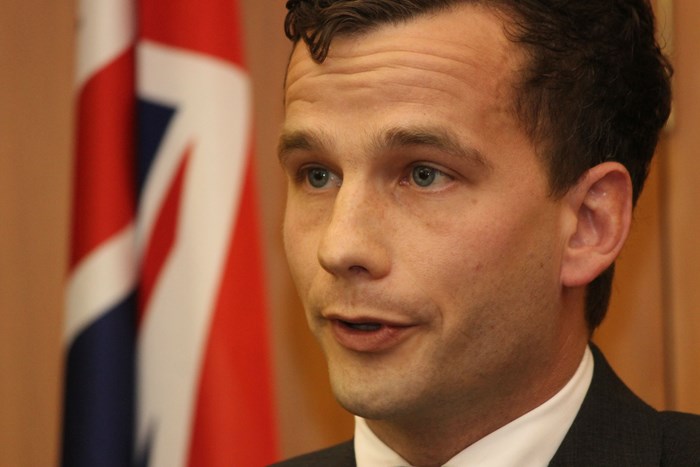


Posted May 24, 2018
I’m sure David Seymour is quite happy about the publicity he’s been getting around a letter he wrote warning that social housing in Epsom could bring tenants with ‘Mental Health Issues,” into the suburb.
 But it brings up an important point about writing anything that might fall into the hands of the media. I often have people show me statements they are about to send to the media on serious issues or allegations. They want me to make any changes I think are necessary.
But it brings up an important point about writing anything that might fall into the hands of the media. I often have people show me statements they are about to send to the media on serious issues or allegations. They want me to make any changes I think are necessary.
What I find so often is that 90 percent of the statement is fine. But there is almost always a sentence or two that could be selected by the reporter on their own to make the sender look either guilty of something, or insensitive.
People usually forget that reporters will only ever use a sentence or two and that probably won’t be a complete summary of the statement or letter. It will be the part that makes the best story and could be totally out of context.
In the Seymour case, most of the letter was about infrastructure concerns, but the sentence about ‘mental health issues’ was always going to be the focus of media. I’m sure he knew this and is probably happy with the publicity, but so many people don’t understand how this works and get caught.
As I say to my media training clients, if you don’t want it used, don’t say it. This goes for statements as well as media interviews.
Contact [email protected] for information on his online and offline media training workshops and courses.